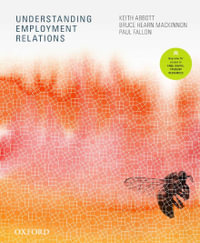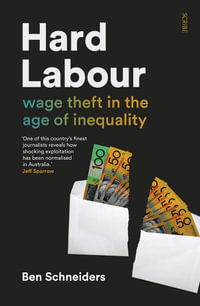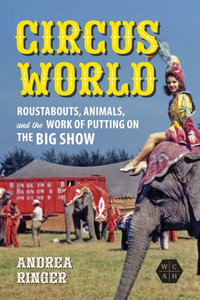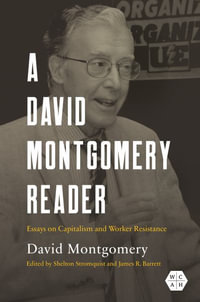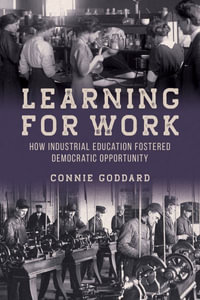The Laboring of Communication examines the transformation of work and of worker organizations in today's Information Society. The book focuses on how traditional trade unions and new worker associations growing out of social movements are coming together to address the crisis of organized labor. It concentrates on the creative responses of the technical and cultural workers in the mass media, telecommunications, and information technology industries. Concentrating on political economy, labor process, and feminist theory, it proceeds to offer several ways of thinking about communication workers and the nature of the society in which they work. Drawing on interviews and the documentary record, the book offers case studies of successful and unsuccessful efforts among both traditional and alternative worker organizations in the United States and Canada. It concludes by addressing the thorny issue of outsourcing, describing how global labor federations and nascent worker organizations in the developing world are coming together to develop creative solutions.
Industry Reviews
In this textured empirical and theoretical examination of the workers in new media and information systems, Mosco and McKercher answer Castells's technology-focused network society with a critical sociological study of the conditions of work and the labor struggles in the making of the new global capitalist informational economy. -- Gerald Sussman, professor, Portland State University
While there are many texts describing the knowledge economy and organized labor's decline in North America, I know of no other book that tells the story of how knowledge workers are organizing through convergence in the face of technological change, growing corporate concentration, and neo-liberalism. Nor can I imagine a more compelling set of case studies through which to develop this critical narrative. This book is a welcome addition to scholarship in communication studies, labor studies, and women's studies. -- Leah Vosko, Canada Research Chair, York University
...would be worth reading for labor educators, since they help us understand some of the possible directions for the future labor movement, which will certainly be more focused on creative, knowledge, and professional workers than in the past. The theoretical focus and readability level... as well as the background needed, ensure that [The Laboring Community] cab ibky be ysed selectively in noncredit labor education classes. However, in upper-division labout studies classes, both of these books could find a place on the list. -- Joe Berry * Labor Studies Journal, March, 2010 *
As more and more people line up to join the ranks of the creative class, figuring out how to empower and, if possible, protect them becomes a crucial part of our understanding of the global cultural economy. In this groundbreaking book, Mosco and McKercher offer the foundations for such a critical analysis. -- Mark Deuze, author of Media Work and professor, Indiana University and Leiden University






